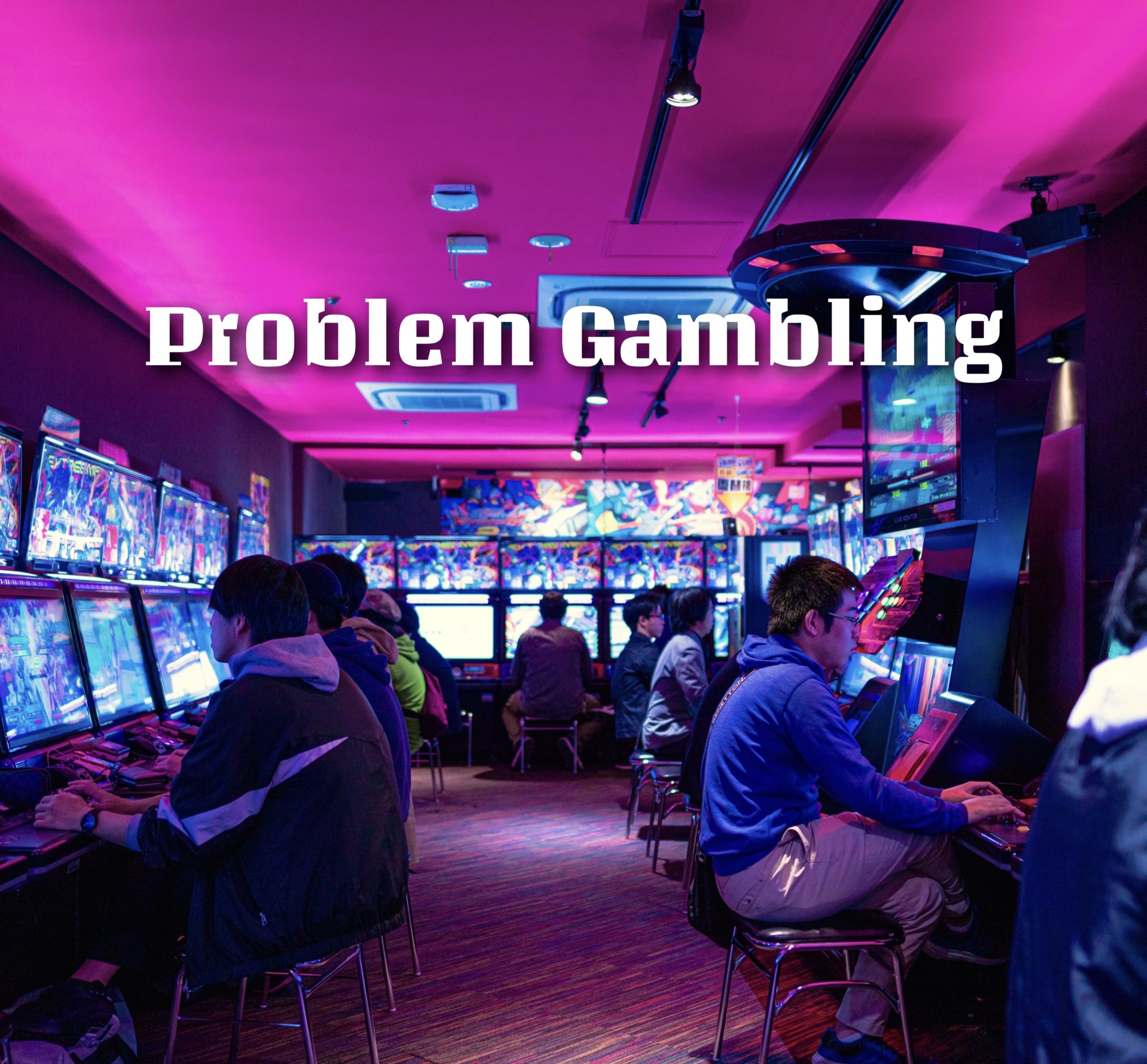
March is Problem Gambling Awareness Month
March is Problem Gambling Awareness Month. But what exactly is Problem Gambling? It’s an urge to gamble continuously despite negative consequences or a desire to stop.
There is a fine line between gambling occasionally and it being a problem. Anyone can be affected by gambling disorder, regardless of who they are or where they come from.
How does gambling become a problem?
Gambling stimulates the brain’s reward system just like alcohol and other drugs. Gambling can release two to ten times the amount of dopamine that natural rewards do and they do it quickly and more reliably. In a person with gambling disorder, brain receptors become overwhelmed and the brain produces less dopamine or eliminates dopamine receptors. As a result, the dopamine has less impact on the brain’s reward center and the person has to gamble more and more to feel good. Similar to a substance use disorder.
With the internet, apps on smartphones and many local establishments have gaming devices, the ease of a quick thrill can easily get out of control and consume time, money and eventually relationships.
What are signs of someone with Problem Gambling?
1. If you hide the amount or how often you are gambling.
2. Chasing losses: Trying to get the money back that was lost.
3. Gambling when you can’t afford it, not paying household bills in hopes to make up the loss.
4. People close to you voice concern or worry. When family and friends start to let you they’re concerned it’s usually the biggest warning sign because they know you best.
Casual gamblers stop when they’ve lost or set a limit but people who have a problem gambling keep playing.
How can people get help?
Gambling is not easy to overcome. Many with problem gambling also have substance use and/or mental health disorders like depression, anxiety or bipolar disorder. Therefore everything needs to be addressed to begin the road to recovery and with help and lifestyle changes, it is possible.
If you or someone you know is working through a mental health disorder like problem gambling, please contact us. Visit Lifelineconnections.org, our Services & Locations page or call (360) 397-8246. We offer mental health outpatient programs customized for your needs. In addition, some include individual and group therapy, peer support and opportunities to learn a variety of wellness skills.
Our caring counselors, clinicians and psychiatric professionals will be with you every step of the way. Learn more about our mental health programs.
Sources:
https://www.mayoclinic.org/diseases-conditions/compulsive-gambling/symptoms-causes/syc-20355178
https://www.helpguide.org/articles/addictions/gambling-addiction-and-problem-gambling.htm
https://www.health.harvard.edu/newsletter_article/how-addiction-hijacks-the-brain
